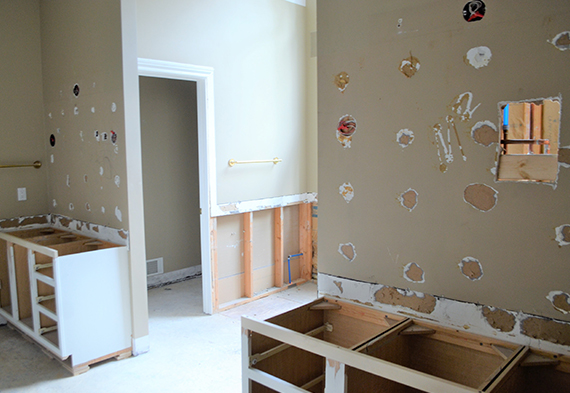-
-
(818) 383-9493
We recognize that real estate investors might have a hard time obtaining financing for fix and flip or buy and hold deals, and so our goal is to help investors obtain capital to fund these deals. Loans from $75K to $3M+ can be used for:
- Straight Acquisition
- Acquisition and Rehab
- Refinance
- Cash-Out

What is Fix-and-Flip?
Fix-and-Flip involves purchasing a property that needs repairs or renovations, improving it, and then selling it for a profit. The goal is to quickly enhance the property's value through renovations and capitalize on market conditions to achieve a significant return.
Benefits:
- High Return Potential: Significant profit margins by buying low, renovating, and selling high.
- Control Over Investment: Direct influence over the renovation process and property value.
- Quick Turnaround: Shorter holding periods enable faster realization of profits.
- Reduced Capital Outlay: Financing 80-90% of the purchase price and 100% of the rehab costs minimizes initial investment.
What is Fix-and-Hold (Rental)?
Fix-and-Hold involves buying a property, renovating it, and then holding onto it as a rental property. The investor earns rental income from tenants while potentially benefiting from property appreciation over time.
Benefits:
- Steady Income: Provides a consistent stream of rental income.
- Long-Term Appreciation: Potential for property value to increase over time, enhancing equity.
- Tax Benefits: Possible deductions for rental property expenses and depreciation.
- Diversification: Adds a stable income-generating asset to the investment portfolio.
What is Ground-Up Construction?
Ground-Up Construction refers to building a new property from the ground up, starting with an undeveloped piece of land. This process involves planning, obtaining permits, and managing the construction of a new building.
Benefits:
- Customization: Ability to design and build a property to specific requirements and preferences.
- Modern Standards: New constructions can adhere to the latest building codes and standards.
- Potential for High Returns: Successful projects can yield significant returns if well-planned and executed.
- Long-Term Value: New properties can offer long-term appreciation and lower maintenance costs initially.
Financing Benefits for All Strategies:
- Reduced Capital Outlay: Financing 80-90% of the purchase price and 100% of the rehab costs lowers the initial capital required for fix-and-flip and fix-and-hold projects.
- Enhanced Profit Potential: With substantial financing support, investors can maximize profits across fix-and-flip, fix-and-hold, and ground-up construction.
- Leverage: Financing allows investors to use leverage effectively, amplifying potential returns.
- Tax Benefits: Possible deductions related to property expenses, renovation costs, and depreciation.
- Diversification: Expands investment opportunities into different real estate strategies.
Your financing approach supports a range of real estate investment strategies, making it easier for investors to undertake fix-and-flips, fix-and-holds, and ground-up construction projects with reduced initial costs and enhanced profit potential.
Benefits of Residential Fix-and-Flips
- High Return Potential: Significant profits from buying low, renovating, and selling high.
- Control and Influence: Directly impact property value through renovation decisions.
- Market Timing: Capitalize on favorable market conditions for better selling prices.
- Tangible Asset: Provides a physical asset with intrinsic value.
- Skill Development: Gain expertise in project management and market analysis.
- Local Market Insight: Learn about local real estate markets and neighborhoods.
Benefits with Your Financing
- Reduced Capital Outlay: Finance 80-90% of the purchase price and 100% of rehab costs, minimizing initial investment.
- Substantial Profit Potential: Capture more profit with significant financing support.
- Tax Benefits: Potential deductions for property expenses and renovation.
- Diversification: Adds real estate to investment portfolios.
- Leverage: Amplify returns by leveraging capital.
- Quick Turnaround: Faster realization of returns with shorter holding periods.
- Learning and Growth: Enhance future investment strategies with each project.
Your financing approach makes residential fix-and-flips an appealing and feasible investment opportunity, helping investors reduce upfront costs and achieve strong returns.
